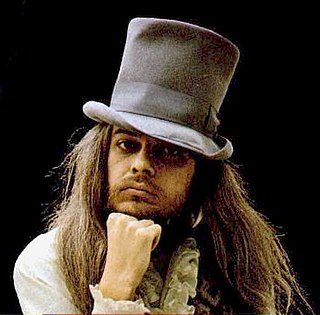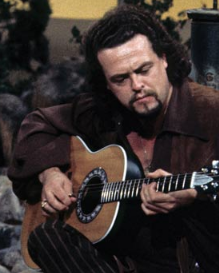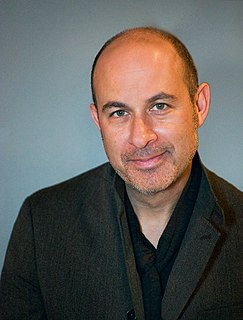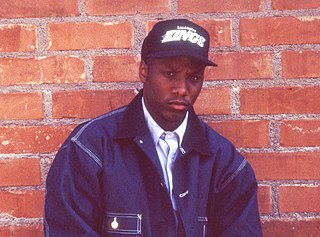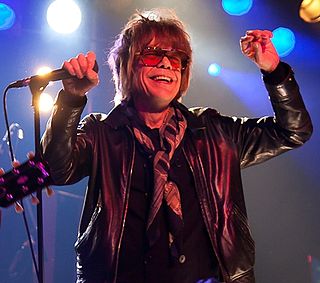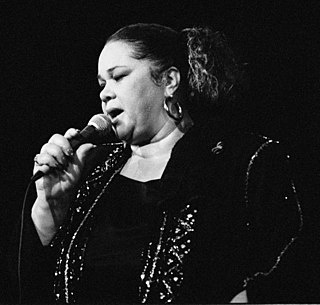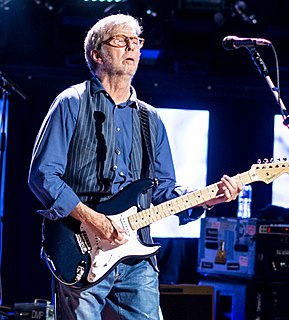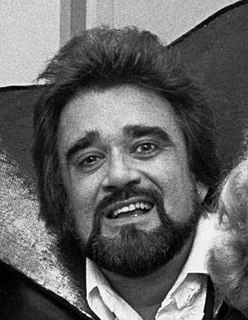A Quote by Leon Russell
Actually, I didn't listen to country music very much in Oklahoma. I listened to blues and rock n' roll.
Related Quotes
No matter what though, there's always rock & roll. There's rock 'n' roll in hip-hop, there's rock & roll in pop music, there's rock 'n' roll in soul, there's rock 'n' roll in country. When you see people dress and their style has an edge to it, that rebellious edge that bubbles up in every genre, that's rock & roll. Everybody still wants to be a rock star.
There's rock n' roll in hip-hop, there's rock n' roll in pop music, there's rock n' roll in soul, there's rock n' roll in country. When you see people dress, and their style has an edge to it, that rebellious edge that bubbles up in every genre, that's rock n' roll. Everybody still wants to be a rock star, you know?
The music industry went through such a strange stretch in 1977, especially in this country, with the whole punk rock thing coming about. Punk was rebellious-and justified in that response-but it had very little to do with music, and so it created a highly-charged but frighteningly floundering atmosphere that I found very, very disheartening. Musical quality for me has always been an important part of rock'n'roll-and winning recognition for that has long been an uphill battle all the way. Punk seemed like rock'n'roll utterly without the music.
I have absolutely no interest in rock and roll. I'm just being David Bowie. Mick Jagger is rock and roll. I mean, I go out and my music is roughly the format of rock and roll, I use the chord changes of rock and roll, but I don't feel I'm a rock and roll artist. I'd be a terrible rock artist, absolutely ghastly.
